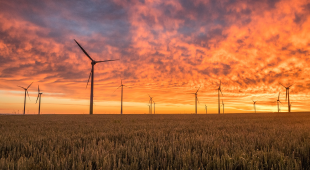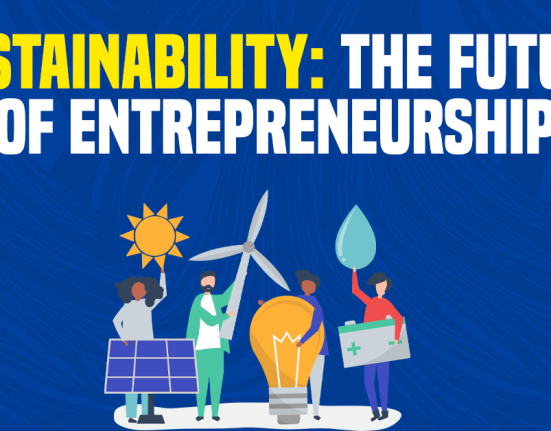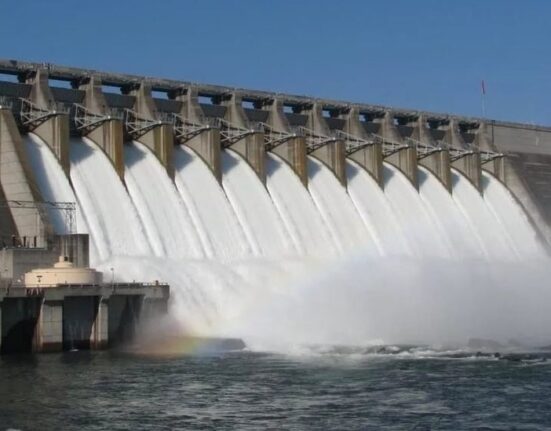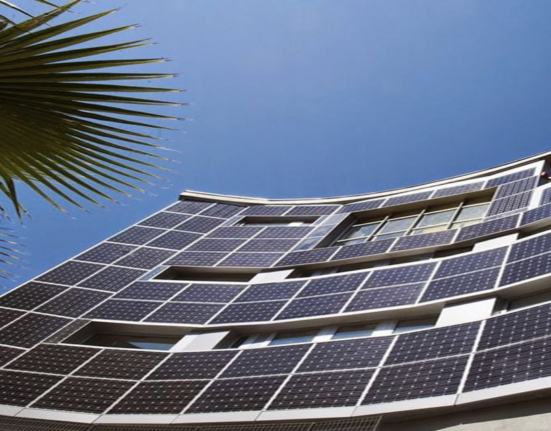Energy Transition – The renewable energy sector seems to be yet an untapped sector with an opened vista of hidden opportunities embedded in it. This new sector of the world’s economy which may be likened to a low – hanging fruit is not without it challenges; and as the world gears towards the net zero de-carbonization scenario in the year 2050, it is very imperative that we analyse the key challenges energy transition is faced with, regardless of the many promises and solutions it has to offer.
The key energy transition challenges discussed in this article may not be the most of them all but we are certain to dive into what may be the impeding challenges of transitioning to clean and renewable energy.
Clean Energy Storage, Demand and Supply
A massive transition to renewable energy should also mean a massive increase in renewable energy infrastructures. The main challenge the renewable energy sector will most likely encounter from demand and supply will be experienced in the mis – management of seasonal gaps as in the case of solar and wind energy not being able to generate enough power due to an upsurged and a peak demand.
For an instance, an energy output from a solar farm may drop drastically at a particular period of time or season without warnings due to the clouds over showing the sunlight from the PV cells, it could have also been as a result of an intense weather degree as in the case of the winter season in the most parts of Europe and North America.
On the other hand, wind has an unpredictable speed which cannot be fore-caste accurately. Hence, to tackle this key challenge in clean energy transition and to prepare for such rainy days from seasonal gaps and fluctuations, heavy investment in research and development of renewable energy storage systems must be made paramount.
The wind power ramp is an essential energy storage mechanism that requires lofty investments— with an unexpected increase in wind speed and to avoid the excess wind power not going to waste due to the grid’s inability to absorb this excess generated power from the wind, the ramp control applications redirects and enables the wind turbines to store this excess power in the battery for future use: and with this change in wind power output due to fluctuations in wind capacities, informed models of energy storage system for onward distribution can be developed from this ramps using available live data thereby meeting up with the rising demand and supply of clean and renewable energy.
Government Policies, Administration and Bureaucracies
Many oil and gas producing countries of the world which economies are still solely dependent on revenues from the exportation of hydrocarbons find it a little bit challenging developing policies surrounding the development, production and distribution of clean energy sources. Their fears are not far from what I may describe as the ‘broke scare’. These countries are not prepared to invest in clean energy research and are not ready to develop regulatory and other policies enabling clean energy production and development. To them, it is a call to deprive them of their foreign earnings from the export of crude because of its deep roots in the economies of these countries.
Other countries that are big on their over – dependence on fossil fuels to power their industries may have cold feet implementing policies on renewable energy as it is believed that the renewable energy sources can not possibly replace fossil fuels and do not have the have the capacity to power – run certain heavy power consuming industries like the steel industries, aluminium smelter, cement industries, plastics, the general manufacturing industries, construction, mining and even agricultural industries.
These industries mentioned are considered ‘the hard to de-carbonized industries’ as the activities surrounding their operations are energy – intensive activities which processes are facilitated by heavy hydrocarbons and fossil fuel usage.
According to the Centre for Strategic & International Studies (CSIS)— the United States and other European countries in 2021 implemented a blanket ban on fossil-fuel financing. It was argued that the ban policy will entrench poverty even harder in certain countries that need funding for reliable energy infrastructure and will do little to reduce emissions and causing panic and energy scarcity in such countries.
What this means is that for the world to achieve this transition and to successfully by-pass certain impeding policies or bottlenecks by some countries, climate adaptations and geographical variations of some countries; and as well the economic viability of the different renewable or energy sources must be put into consideration for certain countries.
This is because different countries will develop and may have their own different paths to follow in energy transition.
Hence, the global energy transition must seek to align the interests of the advanced, mid and low economies when implementing policies surrounding energy transition.
Public Belief and Perception
Lack of well informed knowledge and awareness of renewable energy sources, viability and economic benefits and processes make people buy into the negative perceptions of renewable energy.
I have come across arguments in the past where it was believed that the cost of energy transition is by far more expensive than maintaining the use of fossils and other carbon emitting fuels. Despite availability of enough evidence to debunk such arguments, many have bought into this wrong beliefs and perceptions that renewable energy is expensive, unreliable and is not environmental friendly; and chief amongst the sellers of such propaganda are those countries benefiting from the processes and proceeds of fossil fuels.
The shocker to this negative perception is that countries like Costa Rica get ninety nine (99%) of its energy from renewable sources, other countries are Germany, Ethiopian, Uruguay, Denmark, Morocco, Norway and Portugal is said to have ran on 100% renewable power for four days straight.
With this realities gradually setting in and with an even greater evidence on the efficiency and reliability of the renewable energy sources, certain renewable energy naysayers and propagandists will soon be awakened to this realities and may start biting their words back.
Also read










Leave feedback about this